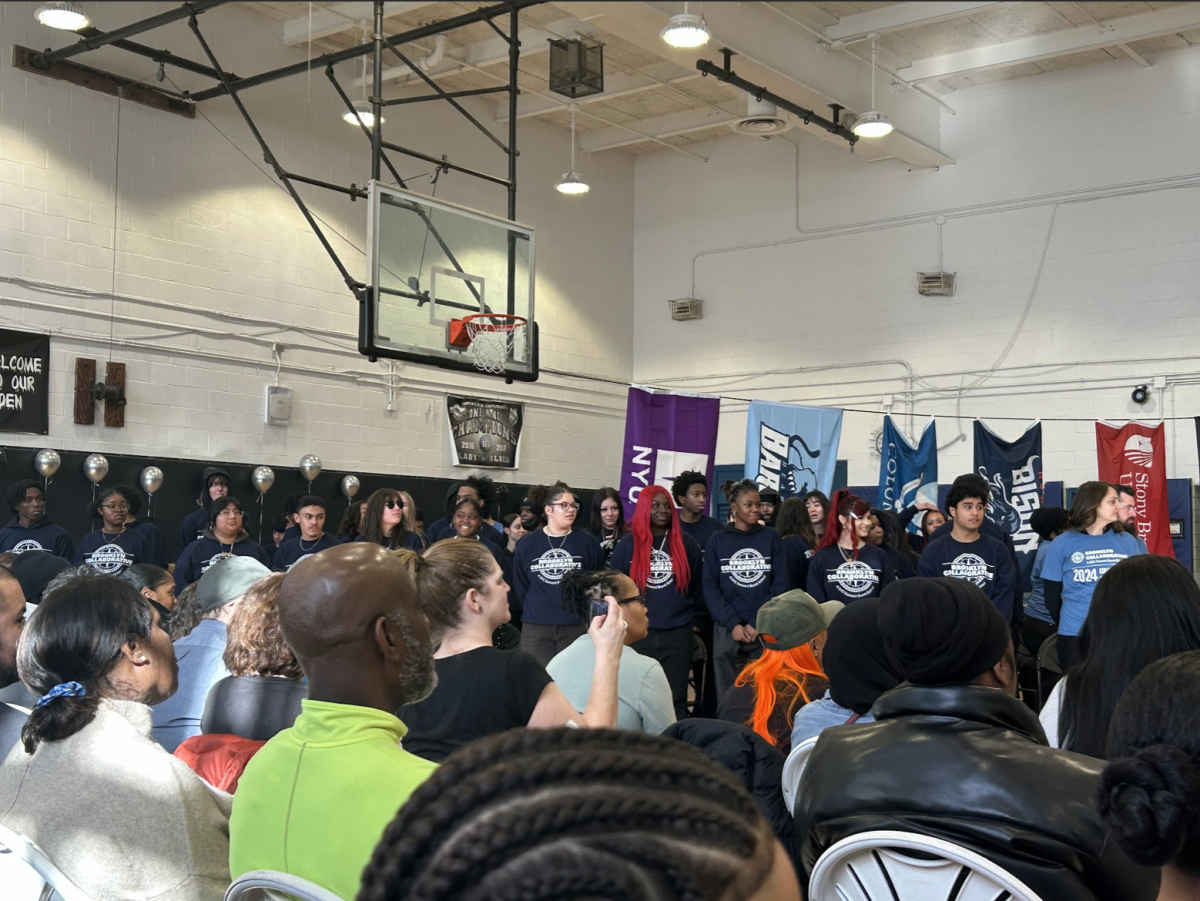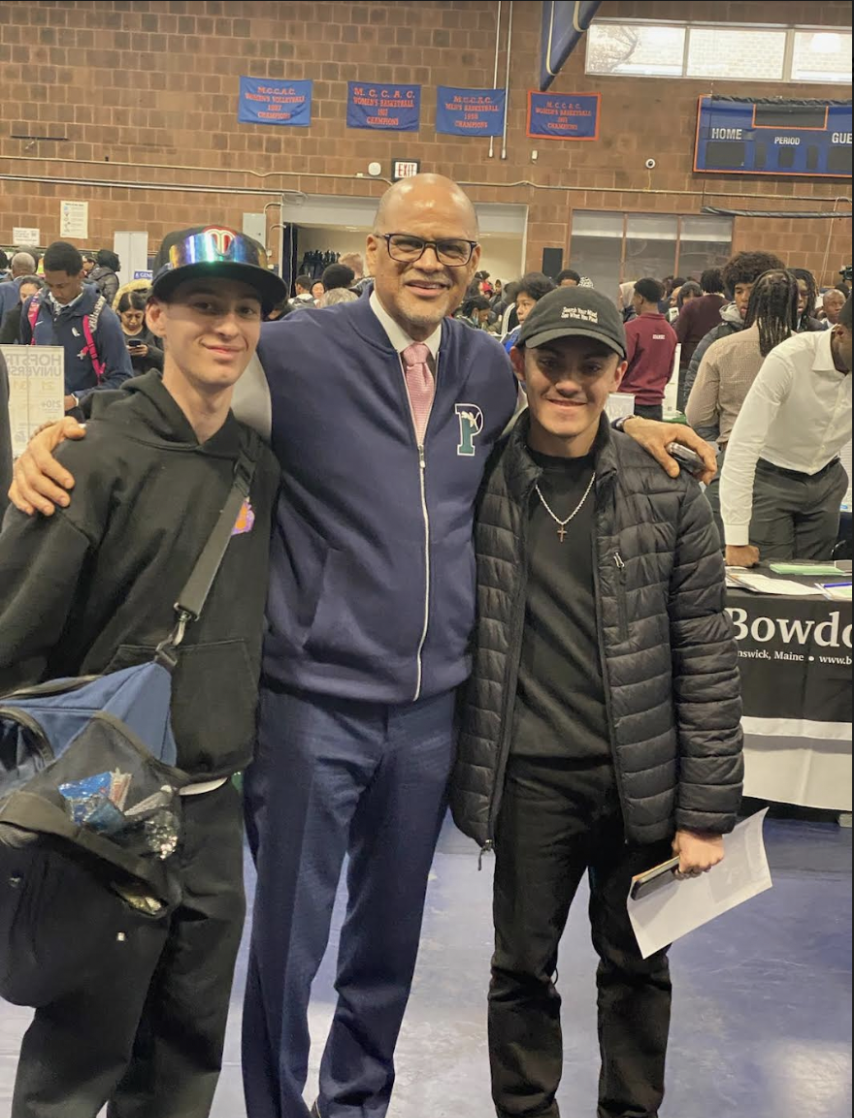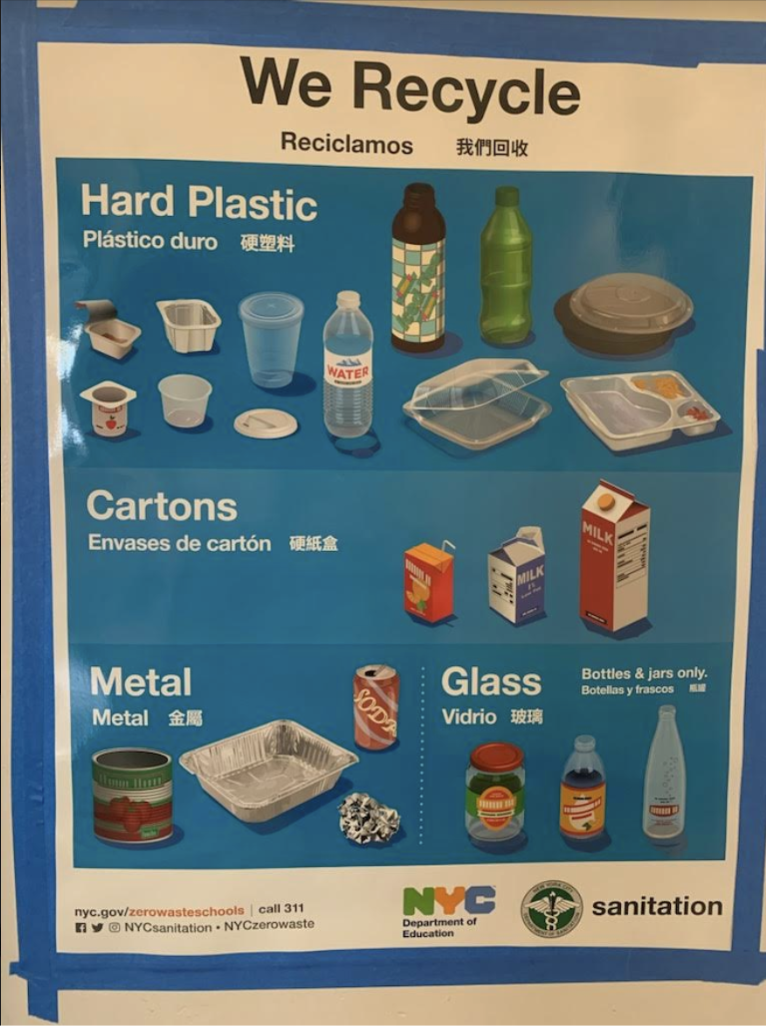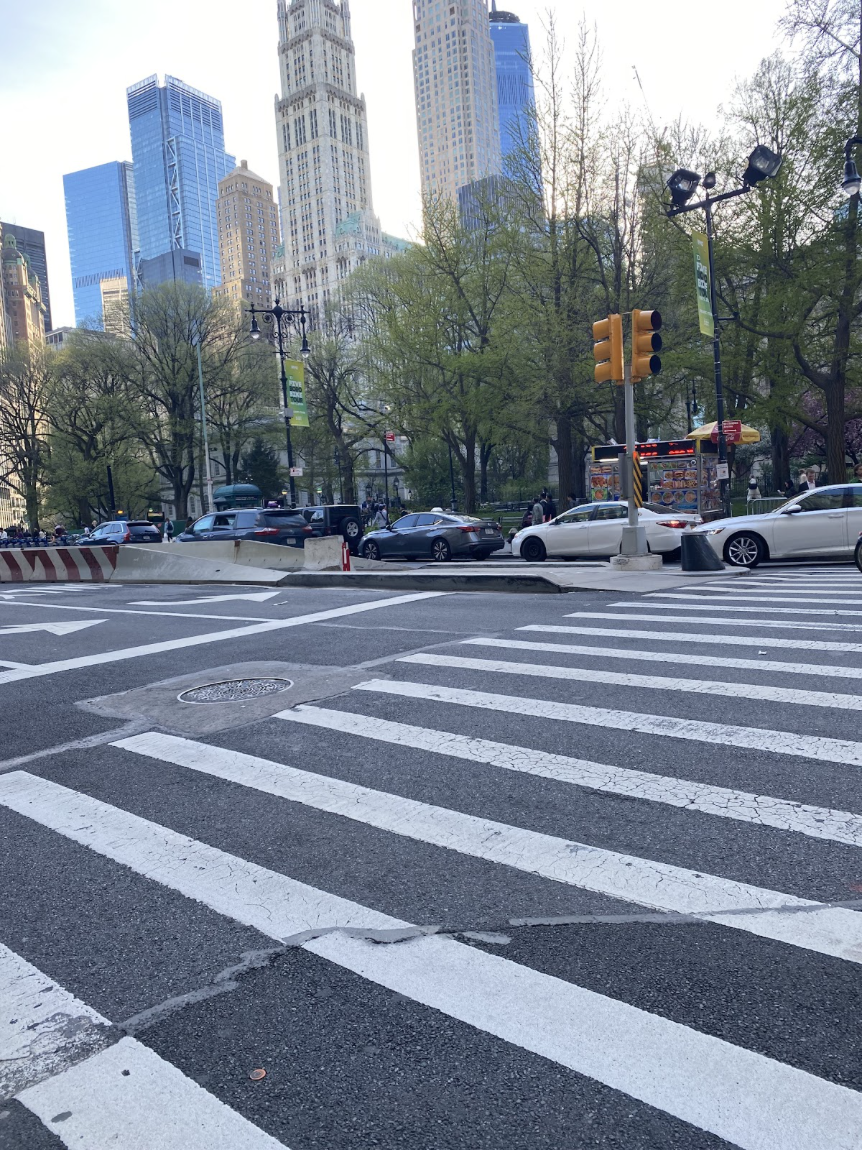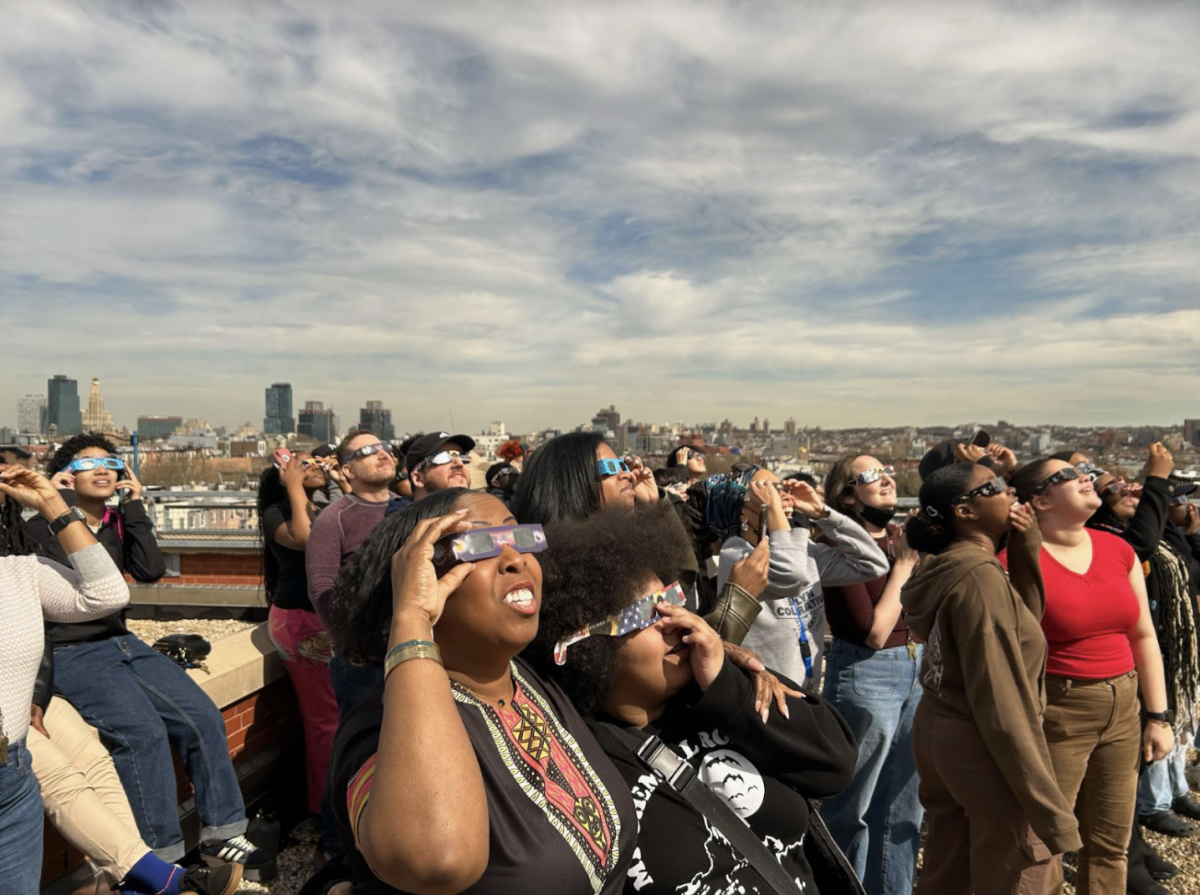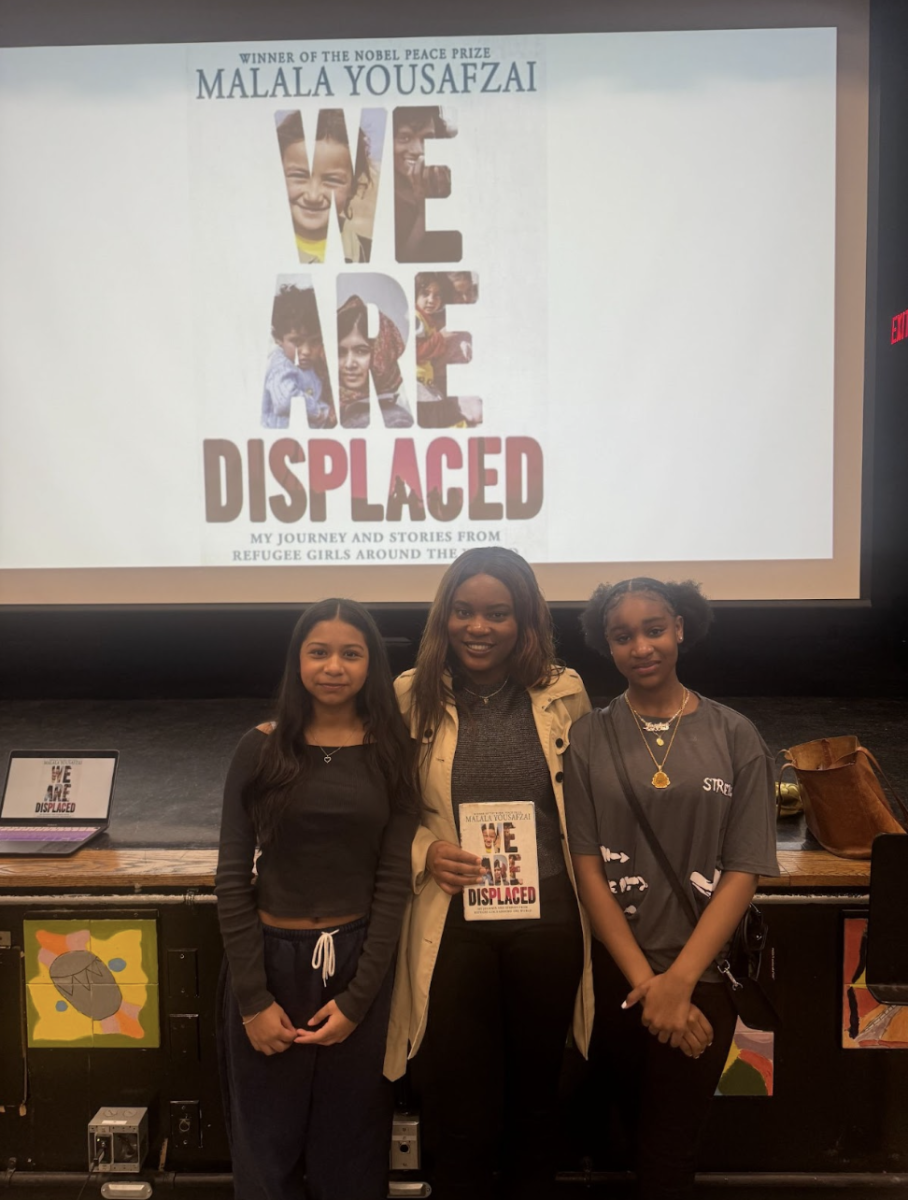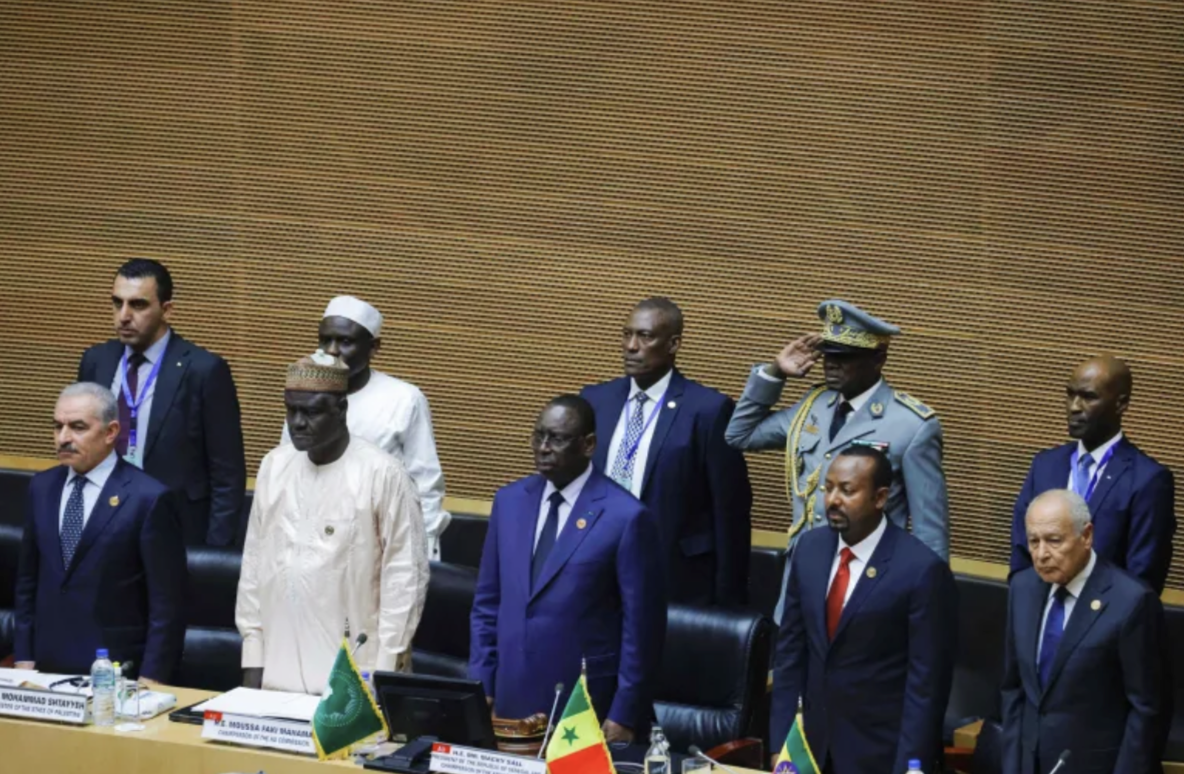As a Black girl, I didn’t believe I could relate to the Asian community at all growing up. I didn’t see how I fit into anything going on. But after the events that took place this year; the rise of Anti-Asian hate and the blatantly racist remarks that left the mouths of Trump and his supporters, it wasn’t difficult to see myself in the pattern. My feelings towards the entire situation were complicated. I was heartbroken at the racism the Asian community was experiencing. I was angered by the fact that one man’s killing spree in Atlanta was blamed on him having a “bad day.” But, I was also frustrated. Frustrated at the fact that multiple people on social media were making videos attacking the Black Lives Matter Movement, claiming that people were “out on the streets” for George Floyd, Breonna Taylor, Elijah McClain, and Ahmaud Arbery, but were staying quiet about the numerous incidents involving Asian Americans. Some even stated that they would stop supporting BLM to go tit-for-tat, as if activism were something transactional. The media used the opportunity to shift the blame to Black people (in particular, NBC took to Twitter to tell Black people how we could help the Asian community, as if we are the ones they should be talking to). Seeing all of this made it even harder to find a connection to the Protect Asian Lives movement.
I couldn’t see myself being a part of anything that treated the fight for my life like a business deal. I spoke out because I felt it was the right thing to do, but there was a quiet voice in the back of my mind that couldn’t seem to forget about those videos I saw just before. My annoyance made me do something that should never be done. I began comparing experiences. It became difficult for me to see how they could relate to anything that my people and I were going through. I had possessed these feelings prior to the pandemic, but I hadn’t realized it yet. I didn’t notice that what I was doing was harmful. That is, until I learned about the model minority myth.
The model minority myth is a racist narrative that perpetuates the idea of Asians being more capable or “superior” to other minority groups. It is a stereotype that groups all members of the Asian community into one category. The myth was created by White media during WWII with the intention of separating the Asian community from other communities of color. It pushed the idea that Japanese Americans were “rising up out of the ashes” after being held in concentration camps. Immediately, people began to look to the Black community and asked why we weren’t rising up in the same way (which is disgusting, given the fact that we have been fighting for equality and had already made a lot of progress during this time). This myth has shaped the way I view the Asian community and it took tragedy for me to realize. I looked at their experiences as “lesser” instead of what they are. Different. This is the case for many people of the Black community.
This myth is responsible for layers of anger and resentment in the hearts of other communities towards the Asian community, as well as the invalidation of the racism that the Asian community faces on an everyday basis. It is what made it so hard to believe that Asians could relate to any type of downfall at the hands of white supremacy. By believing this myth, I was doing exactly what the white supremacists who created this myth wanted me to do. I averted my eyes away from them and focused on the Asian community. They understand that there is power in numbers, and they don’t want BIPOC joining together. So they create myths and spread lies and do everything they can to separate us.
One thing we all need to understand about racism is its complexity. Racism impacts each community of color differently. There are many things about racism against the Black community that differ from that against the Asian community, but neither of these experiences should be invalidated. Instead of staying divided, instead of buying into this myth, I’ve made the decision to stand with the Asian community. Because, as a Black girl living in America, I understand what it is like to be dragged through the dirt by the country you were born in and to have that same country gaslight you into believing that you have no reason to be angry about it. AAPI Month gave me an opportunity to reflect on my thinking and acknowledge any biases or assumptions I might have had in my heart prior to this year, and I advise you to do the same. We won’t move on unless we do.
